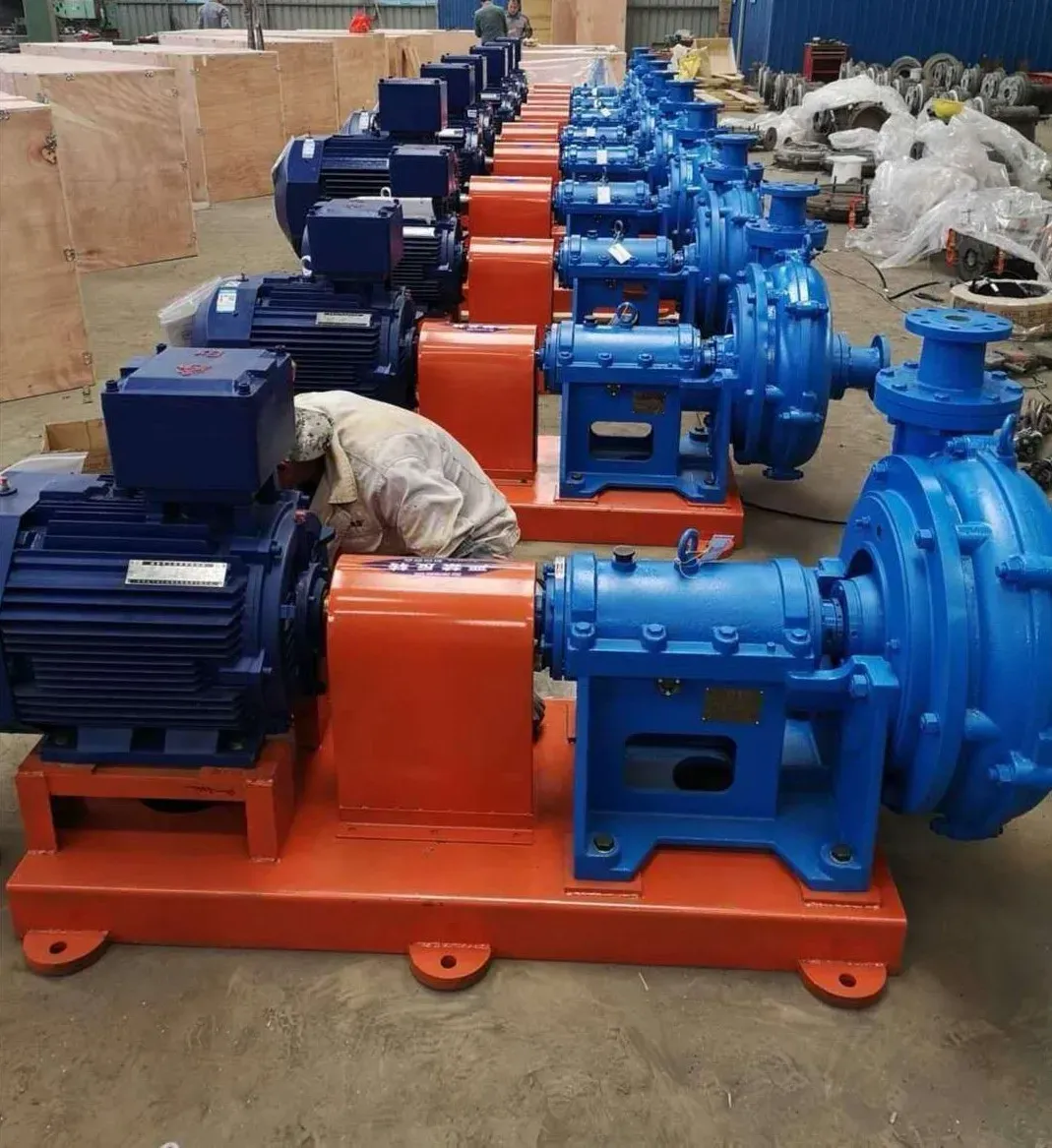Zulu
- Afrikaans
- Albanian
- Amharic
- Arabic
- Armenian
- Azerbaijani
- Basque
- Belarusian
- Bengali
- Bosnian
- Bulgarian
- Catalan
- Cebuano
- Corsican
- Croatian
- Czech
- Danish
- Dutch
- English
- Esperanto
- Estonian
- Finnish
- French
- Frisian
- Galician
- Georgian
- German
- Greek
- Gujarati
- Haitian Creole
- hausa
- hawaiian
- Hebrew
- Hindi
- Miao
- Hungarian
- Icelandic
- igbo
- Indonesian
- irish
- Italian
- Japanese
- Javanese
- Kannada
- kazakh
- Khmer
- Rwandese
- Korean
- Kurdish
- Kyrgyz
- Lao
- Latin
- Latvian
- Lithuanian
- Luxembourgish
- Macedonian
- Malgashi
- Malay
- Malayalam
- Maltese
- Maori
- Marathi
- Mongolian
- Myanmar
- Nepali
- Norwegian
- Norwegian
- Occitan
- Pashto
- Persian
- Polish
- Portuguese
- Punjabi
- Romanian
- Russian
- Samoan
- Scottish Gaelic
- Serbian
- Sesotho
- Shona
- Sindhi
- Sinhala
- Slovak
- Slovenian
- Somali
- Spanish
- Sundanese
- Swahili
- Swedish
- Tagalog
- Tajik
- Tamil
- Tatar
- Telugu
- Thai
- Turkish
- Turkmen
- Ukrainian
- Urdu
- Uighur
- Uzbek
- Vietnamese
- Welsh
- Bantu
- Yiddish
- Yoruba
- Zulu
Telephone: +86 13120555503
Email: frank@cypump.com
Aug . 01, 2024 03:51 Back to list
Choosing the Right 4 HP Slurry Pumps for Efficient Industrial Applications and Enhanced Performance
Understanding Slurry Pumps and Their Importance in Industrial Applications
Slurry pumps are specialized pumps designed to transport slurry, which is a mixture of solid particles and liquid. These pumps play a crucial role in various industries, especially those dealing with materials that are too abrasive or viscous for standard pumps. When discussing slurry pumps, one frequently comes across specifications like 4 HP, which refers to the power output of the pump. Understanding slurry pumps and how they function is essential for optimizing performance in demanding environments.
What are Slurry Pumps?
Slurry pumps are engineered specifically to handle the movement of slurries, which are typically made up of water and solid substances such as sand, gravel, and minerals. Unlike standard centrifugal pumps, slurry pumps have robust construction and specialized impeller designs that minimize wear and ensure a longer lifespan in challenging conditions. These pumps are widely used in mining, dredging, construction, and wastewater treatment processes.
Power Rating The Significance of 4 HP
A 4 HP (horsepower) slurry pump denotes the amount of mechanical power the pump can deliver. This measurement is critical as it impacts the pump's ability to move liquids efficiently against resistance, particularly when dealing with high-density slurries. A 4 HP slurry pump can manage moderate to high flow rates, making it suitable for various applications such as transporting dredged material or managing tailings in mining operations.
Selecting the right horsepower is a balancing act. Choosing a pump with too high a horsepower can lead to unnecessary energy consumption and increased operational costs, while a pump with insufficient horsepower may fail to achieve the desired flow rates, leading to system failures or equipment damage. Therefore, understanding the specific needs of the application and the characteristics of the slurry is essential.
Application Areas of Slurry Pumps
1. Mining Industry Slurry pumps are indispensable in the mining sector, where they transport iron ore, coal, or other minerals from one location to another, often through rugged and uneven terrain. The durability and efficiency of 4 HP slurry pumps allow them to handle tough conditions without compromising performance.
slurry pumps 4 hp

2. Construction In construction, slurry pumps facilitate the removal of sludge, cement, or other heavy materials from sites. Their ability to manage both liquid and solid components makes them exceptionally useful on construction sites.
3. Wastewater Treatment Slurry pumps play a significant role in wastewater management processes, moving sludge and slurry through various treatment phases. The resilience of a 4 HP slurry pump ensures that it can handle the often corrosive and abrasive nature of wastewater.
4. Dredging Operations Dredging requires the extraction of sediments and debris from underwater surfaces. Slurry pumps can effectively draw up materials from great depths, making them a vital tool in marine and coastal projects.
Key Features of Slurry Pumps
High-quality slurry pumps possess several key features that enhance their performance
- Wear Resistance Many slurry pumps are constructed from hardened materials to withstand the abrasive nature of slurries. - Efficient Hydraulic Design The impeller and volute designs are optimized to maintain high efficiency while minimizing energy consumption. - Versatility Slurry pumps can be adapted to various applications, from gentle pumping of liquids to the robust handling of thick slurries.
Conclusion
In summary, slurry pumps, particularly those rated at 4 HP, are essential components in many industrial processes. Their capacity to handle challenging materials efficiently makes them invaluable in sectors such as mining, construction, and wastewater management. Understanding the operational characteristics and selecting the right type of slurry pump is crucial for maintaining efficiency and minimizing costs in any project involving slurries. As industries continue to evolve and demand more from their equipment, the advancement of slurry pump technology will likely play a key role in meeting these challenges.
-
Horizontal Split Case Pump with GPT-4 Turbo | High Efficiency
NewsAug.01,2025
-
ISG Series Pipeline Pump - Chi Yuan Pumps | High Efficiency, Durable Design
NewsAug.01,2025
-
Advanced Flue Gas Desulfurization Pump with GPT-4 Turbo | Durable & Efficient
NewsJul.31,2025
-
ISG Series Vertical Pipeline Pump - Chi Yuan Pumps | Advanced Hydraulic Design&Durable Construction
NewsJul.31,2025
-
ISG Series Vertical Pipeline Pump - Chi Yuan Pumps | Energy Efficient & Low Noise
NewsJul.31,2025
-
pipeline pump - Chi Yuan Pumps Co., LTD.|High Efficiency&Low Noise
NewsJul.31,2025










